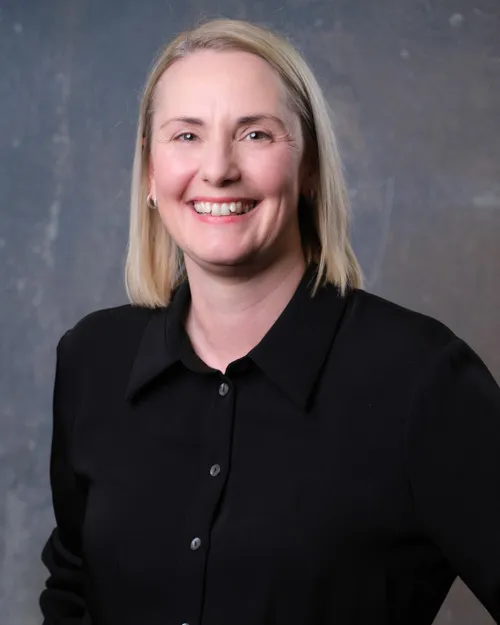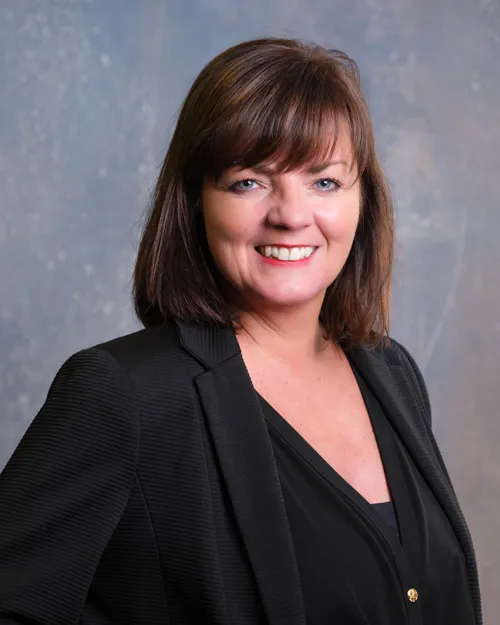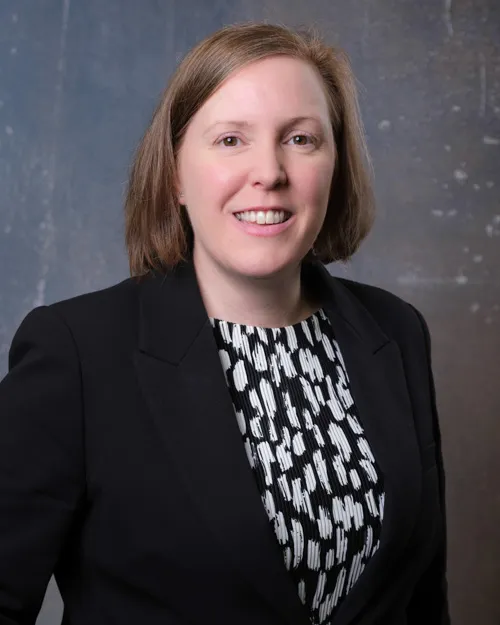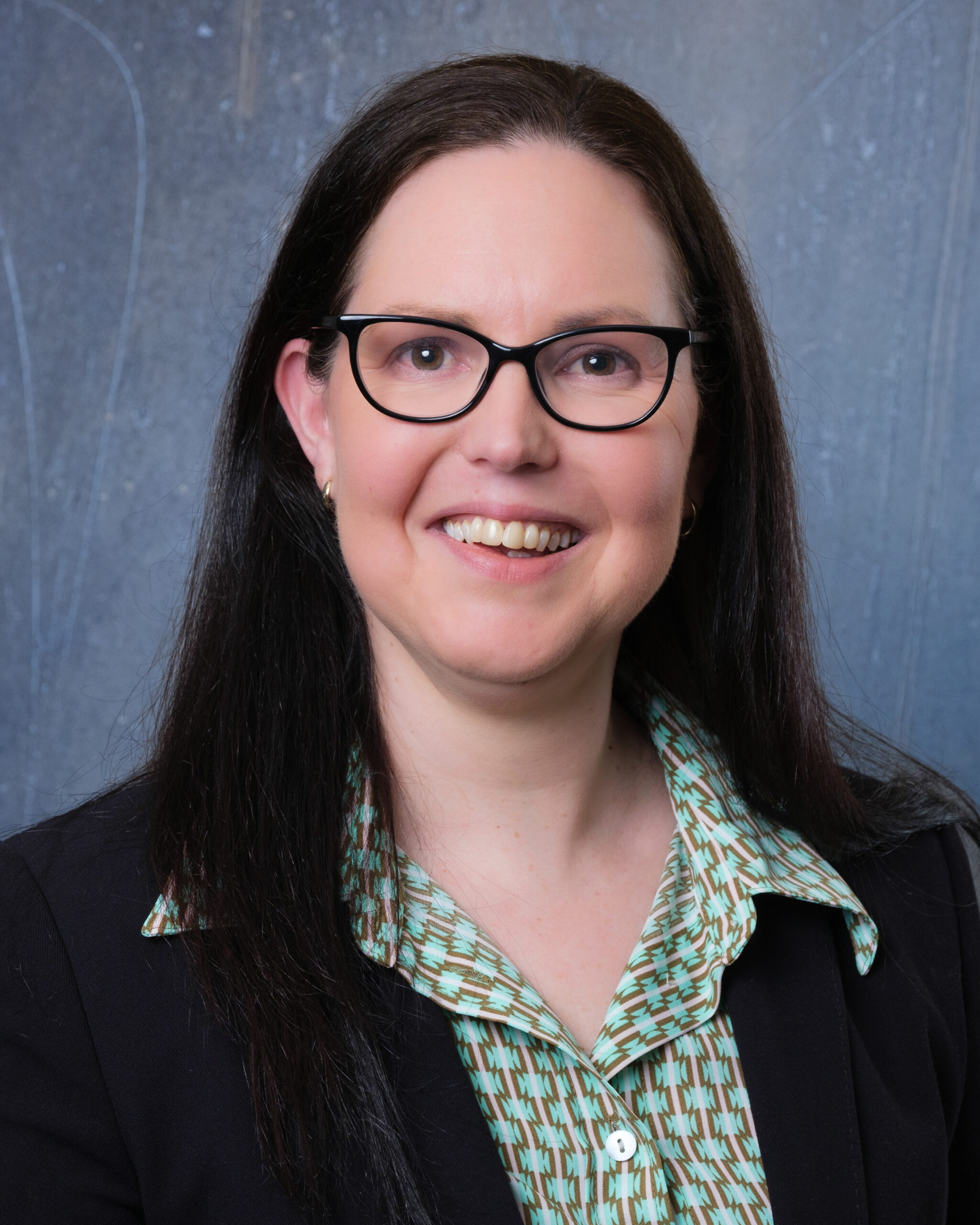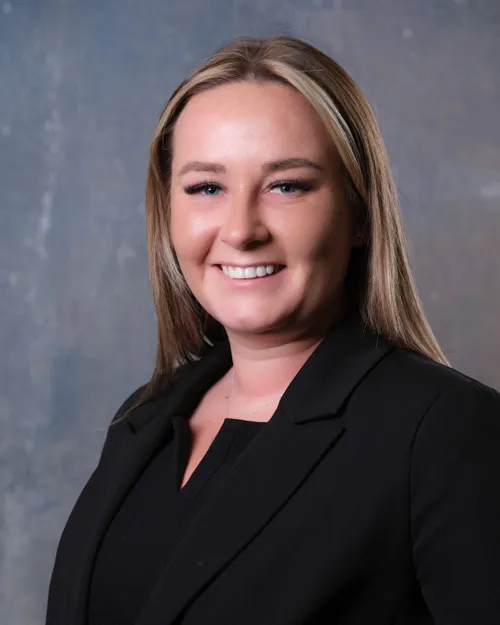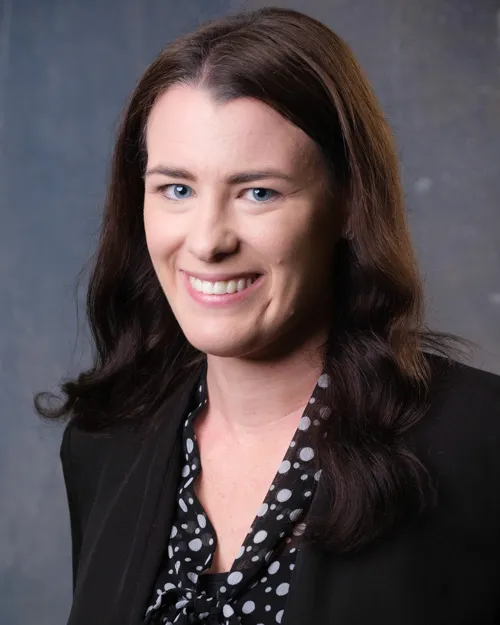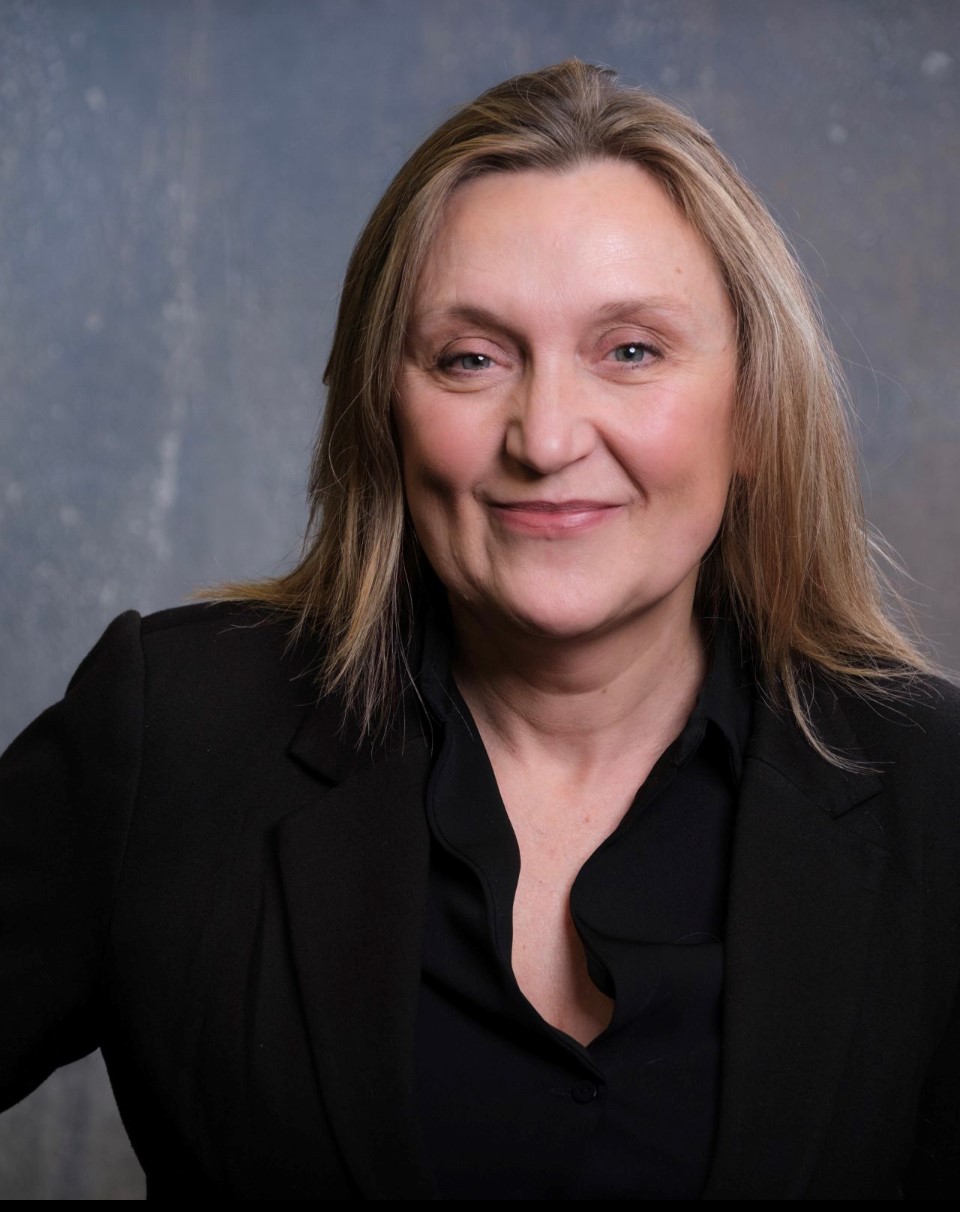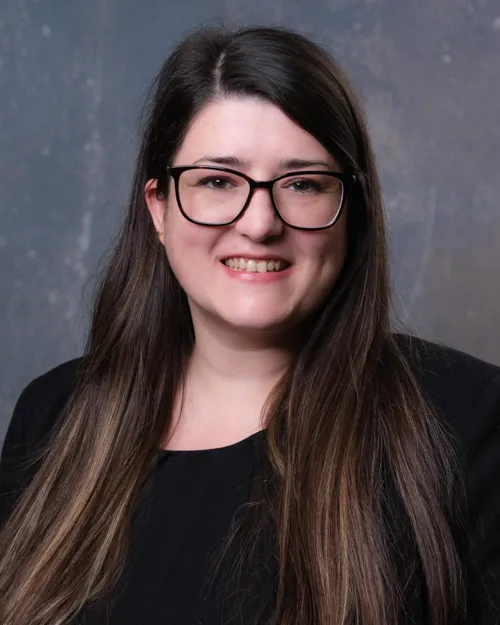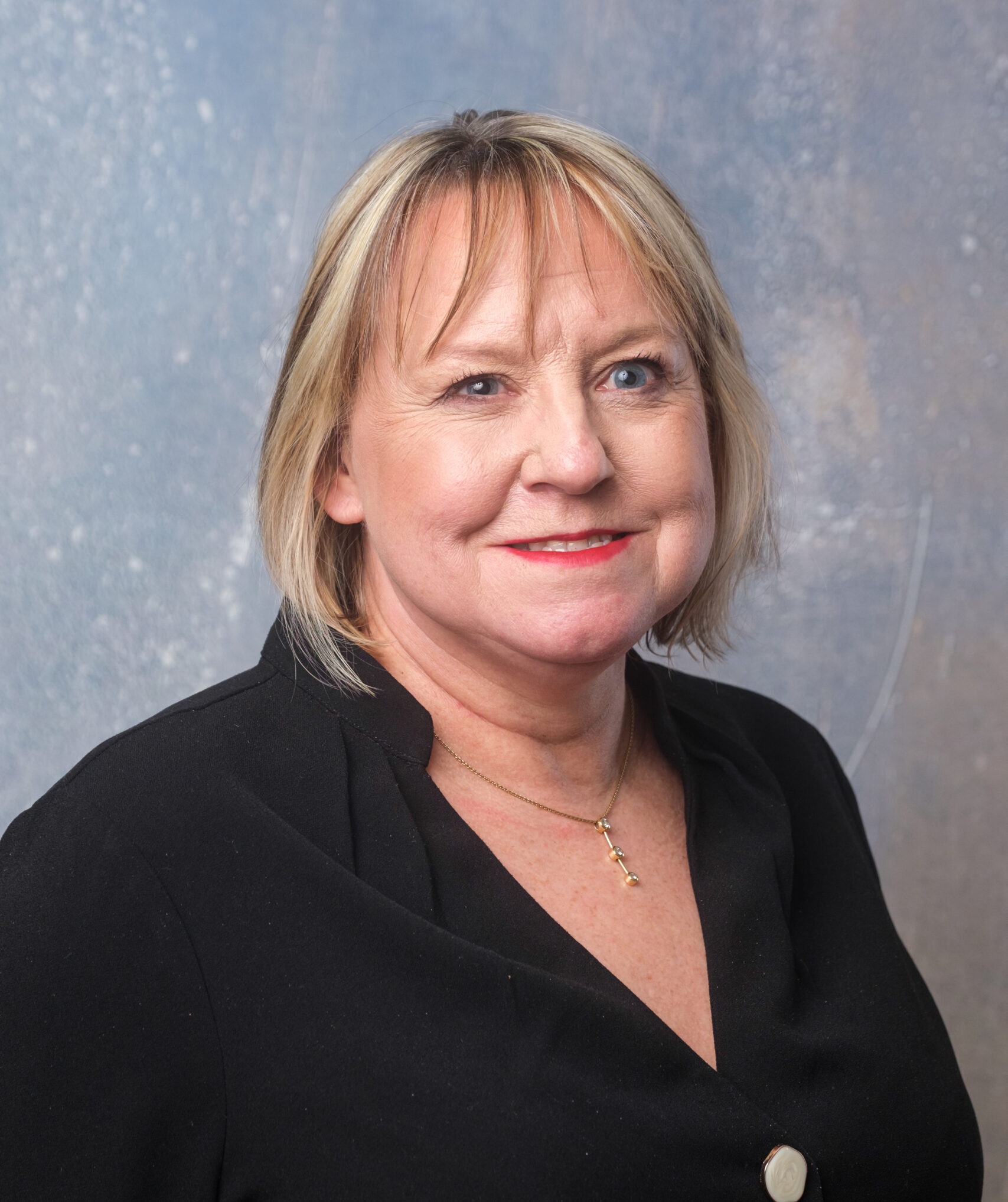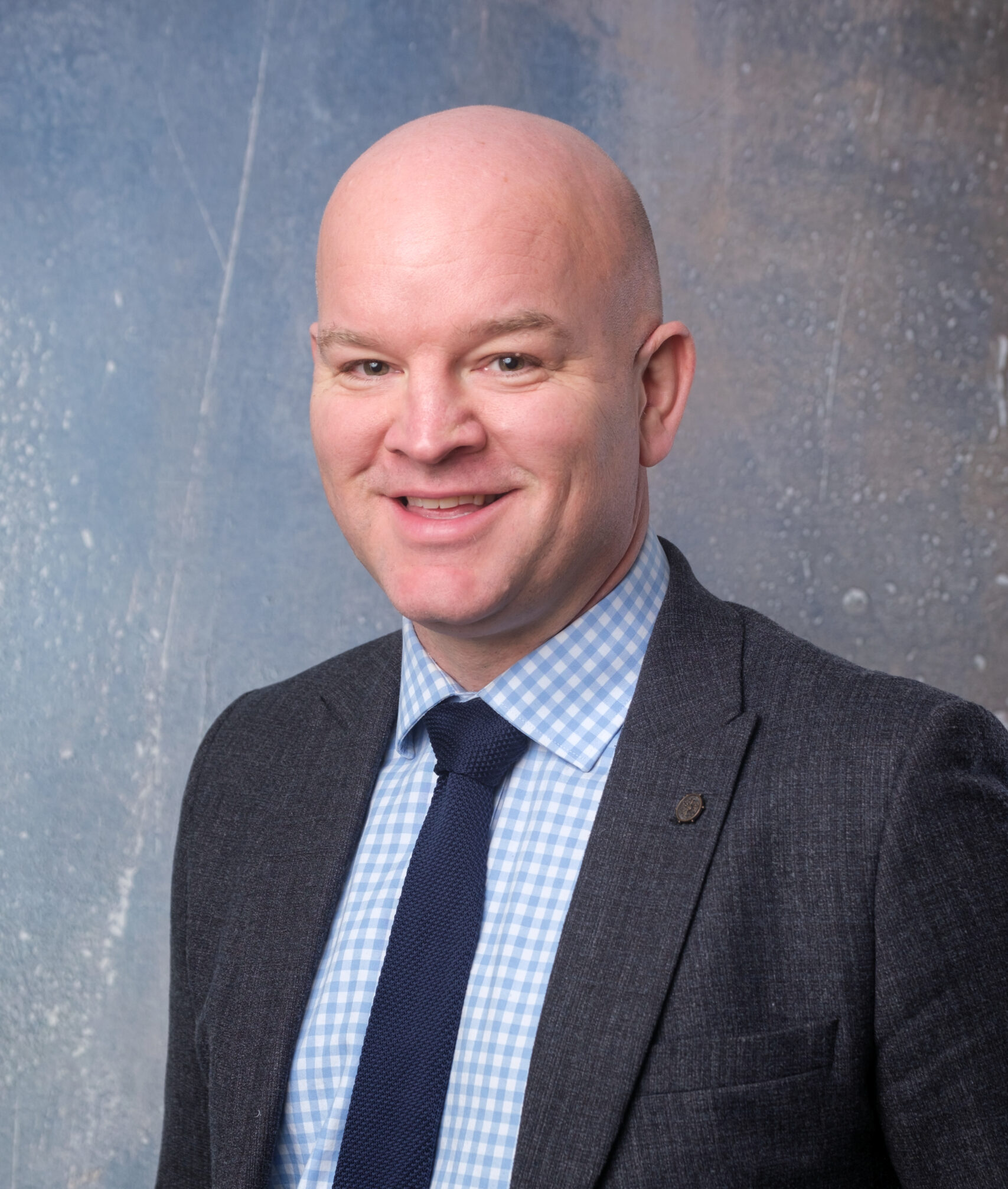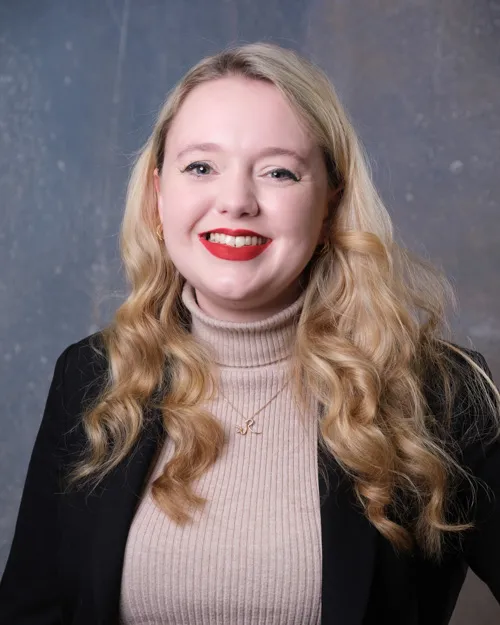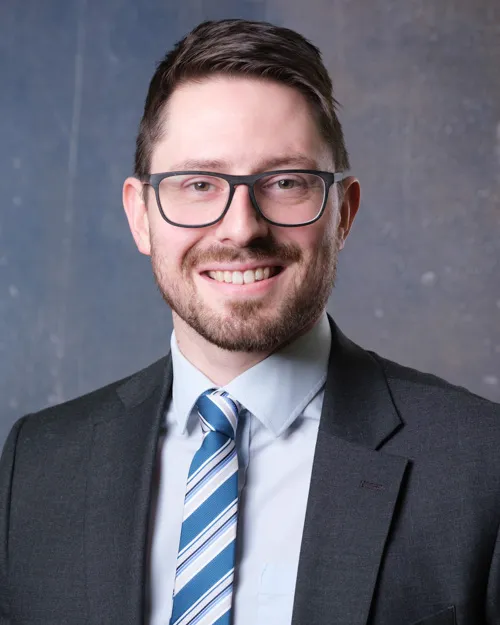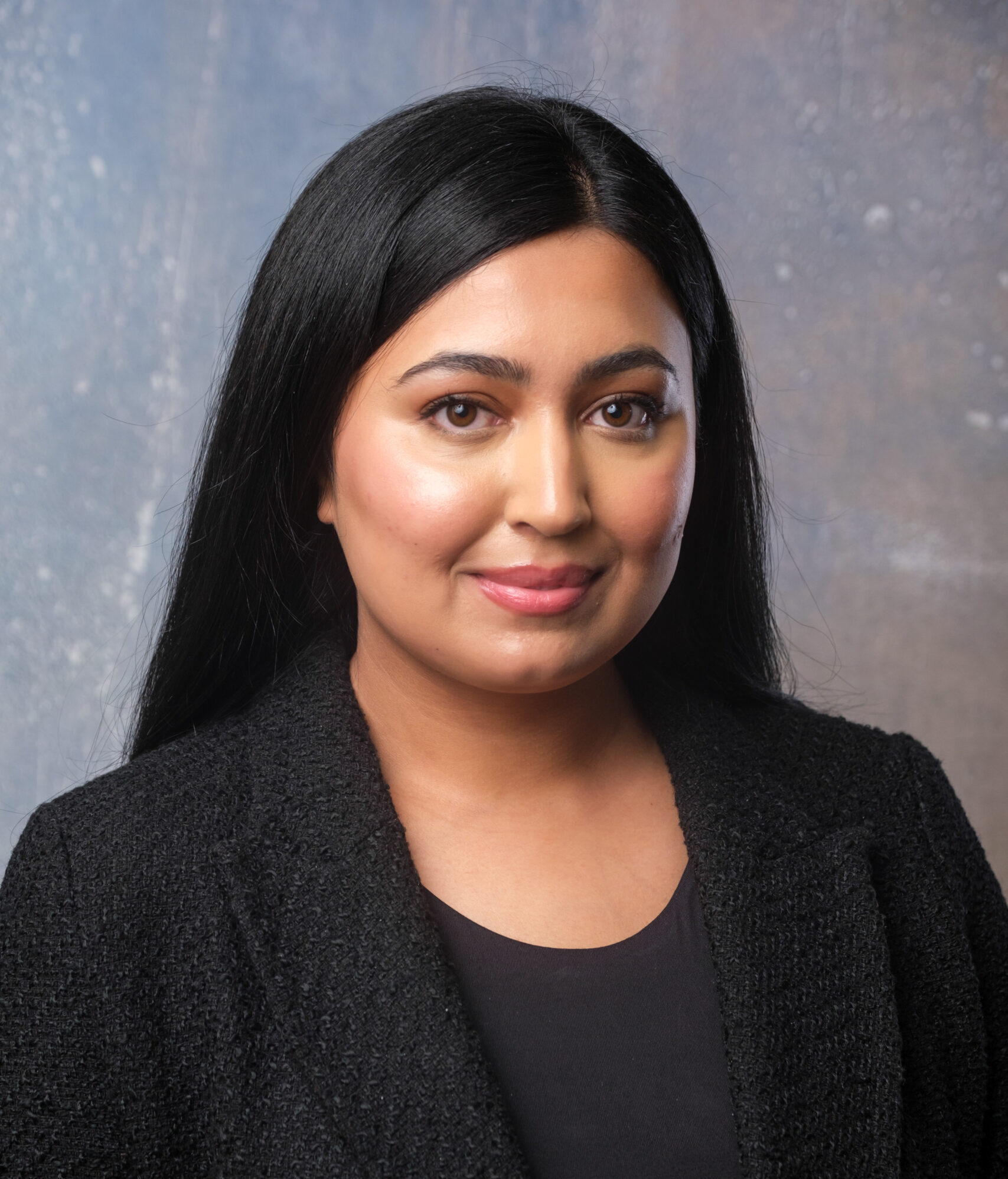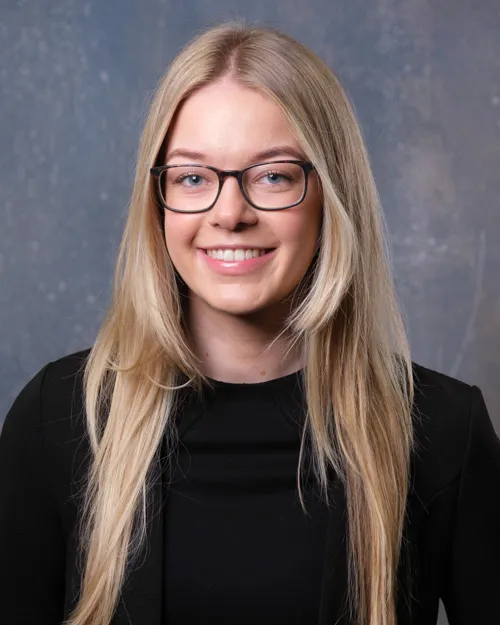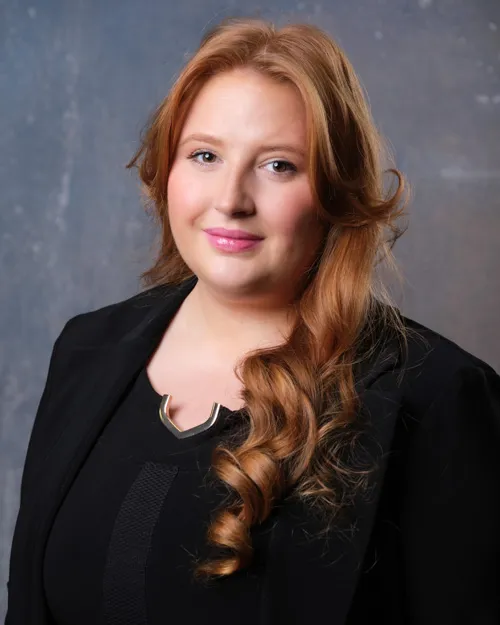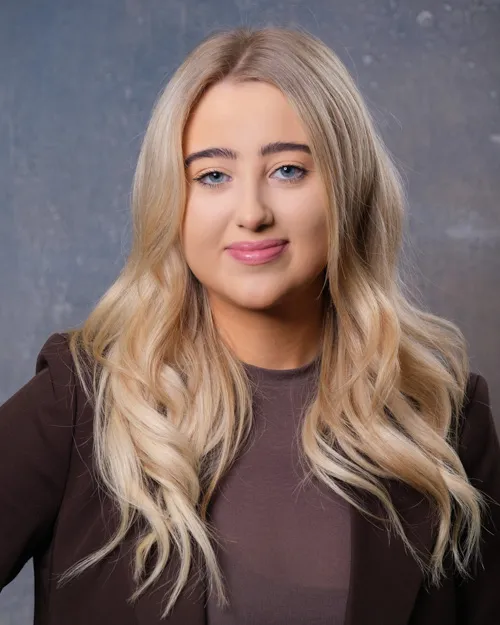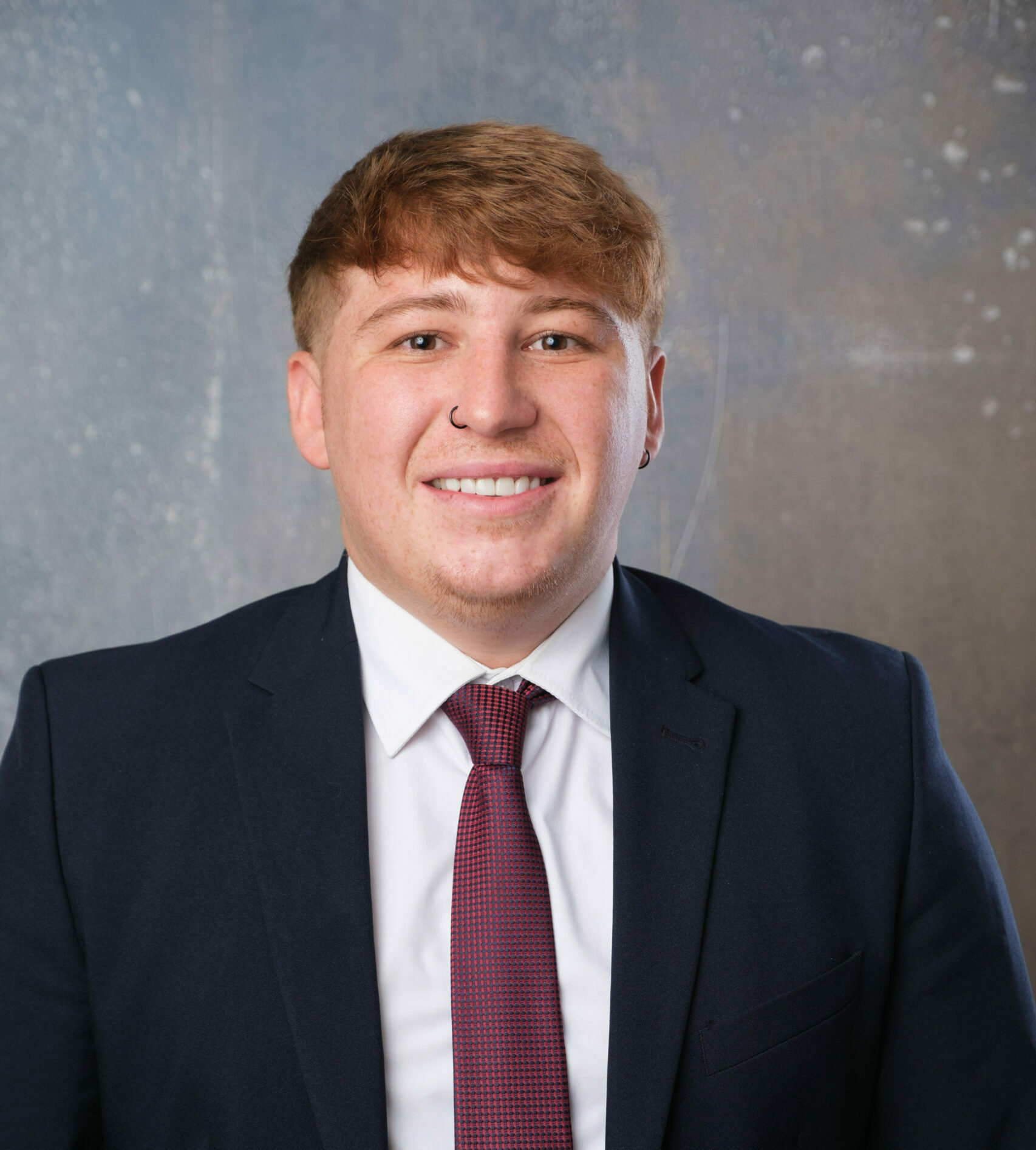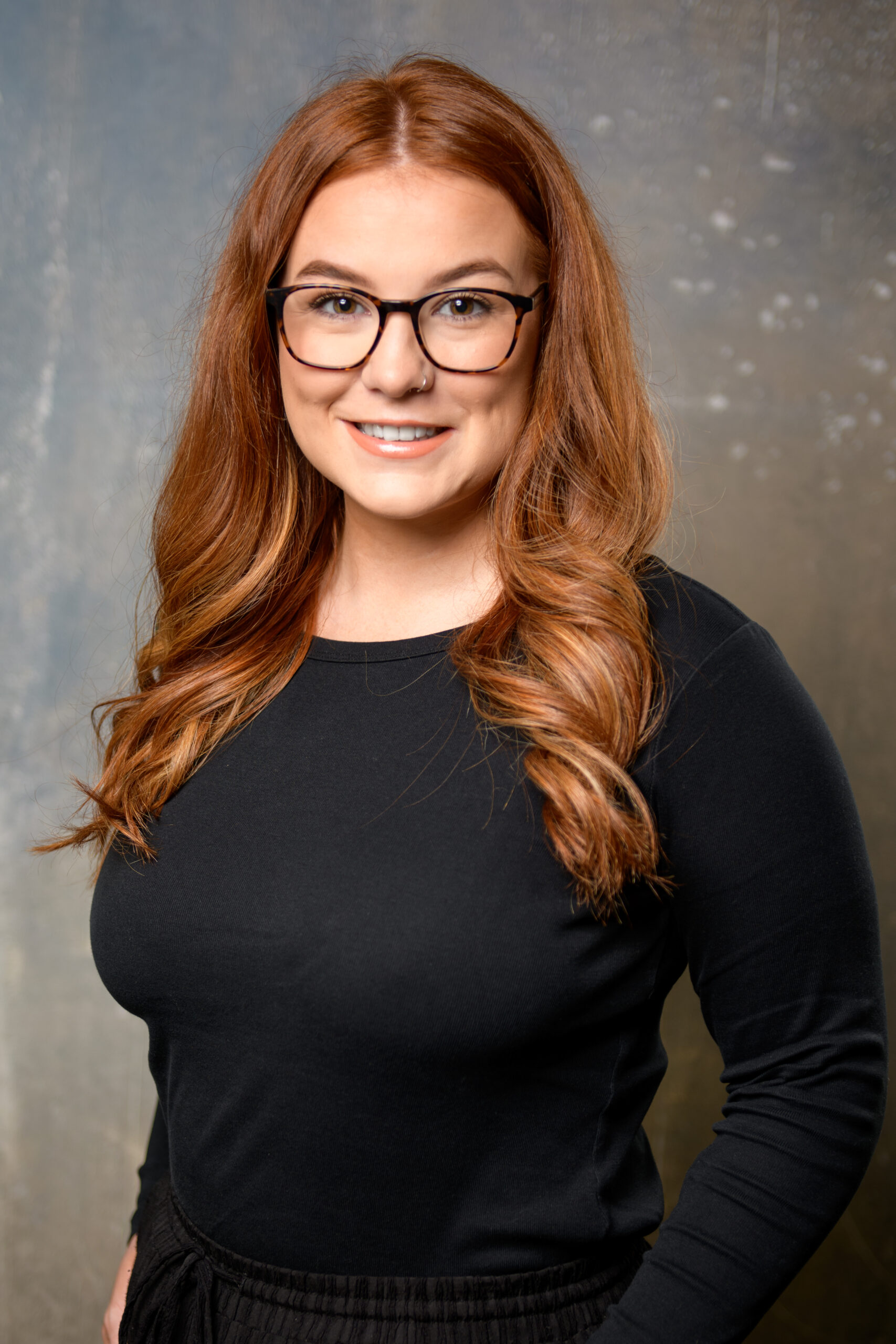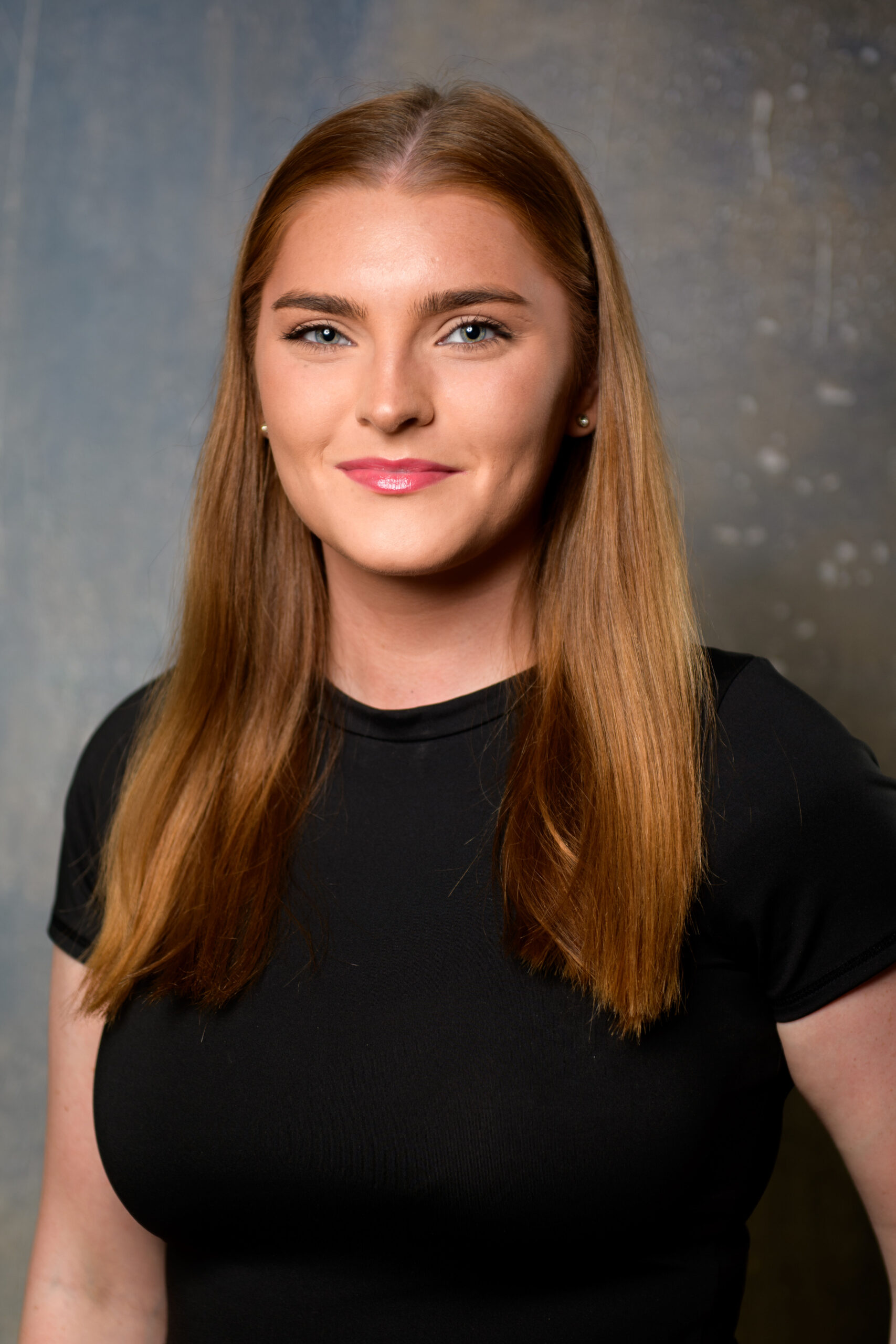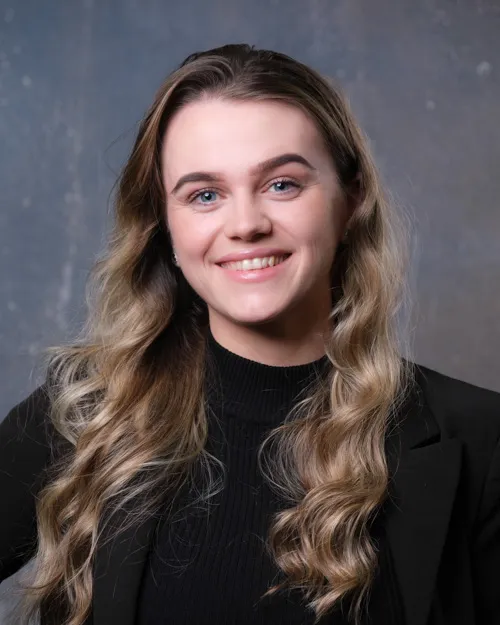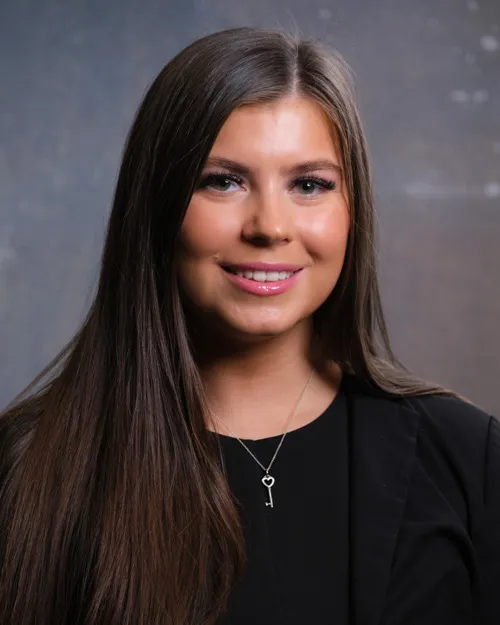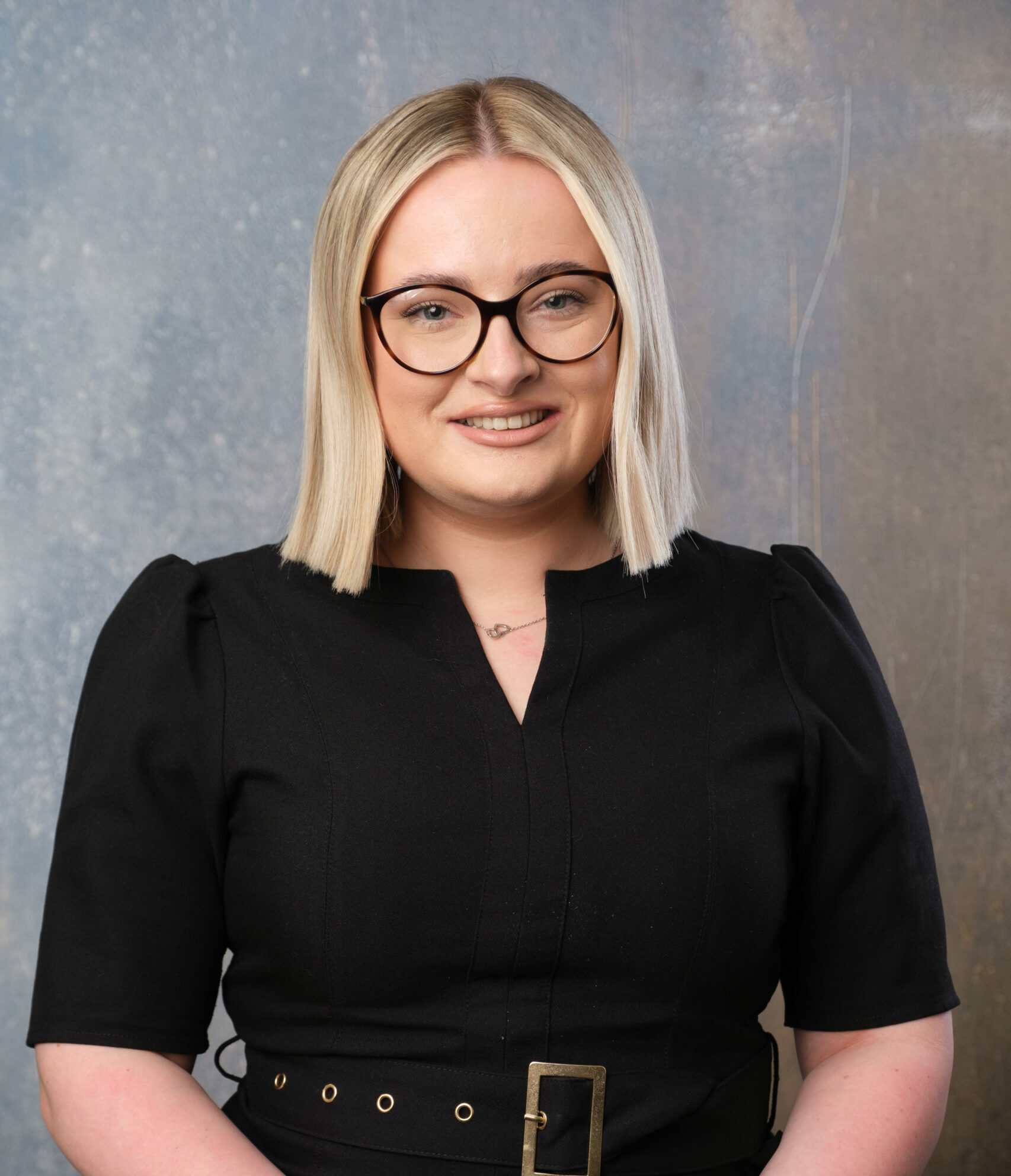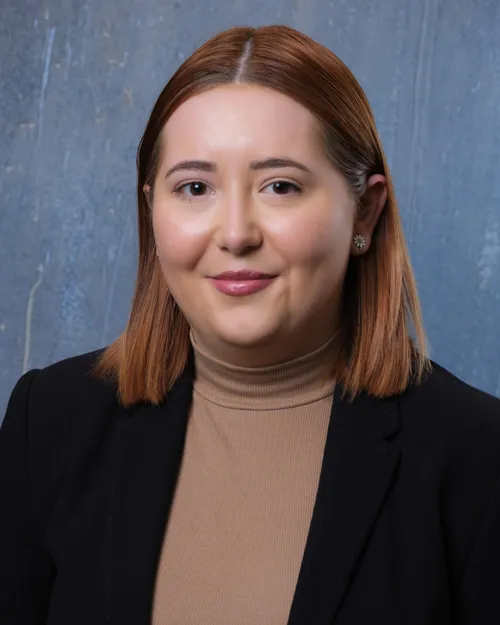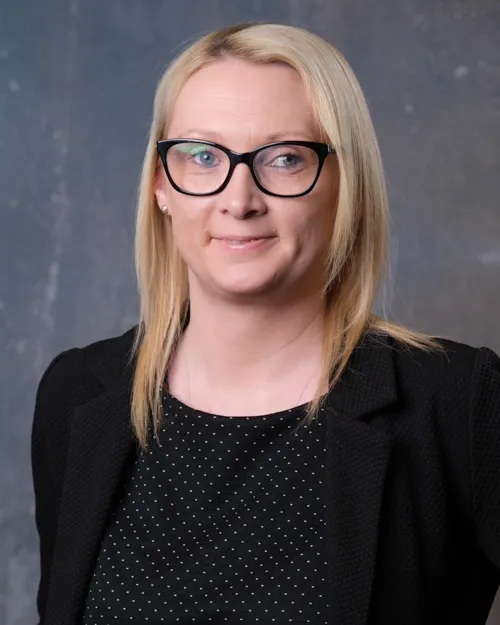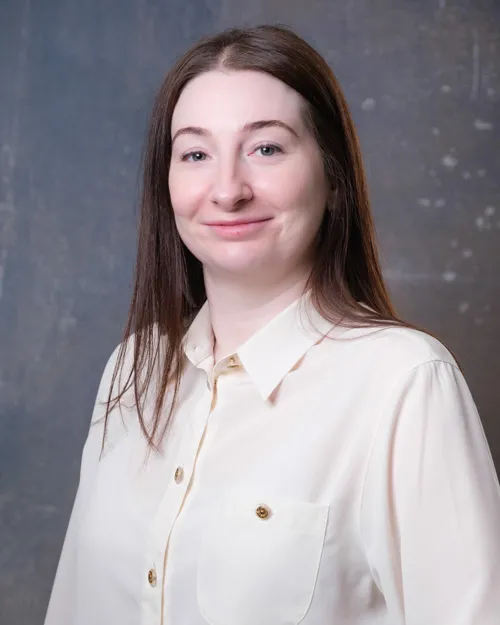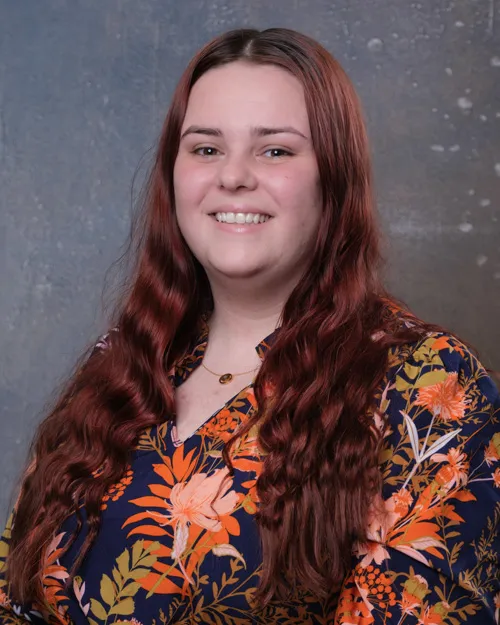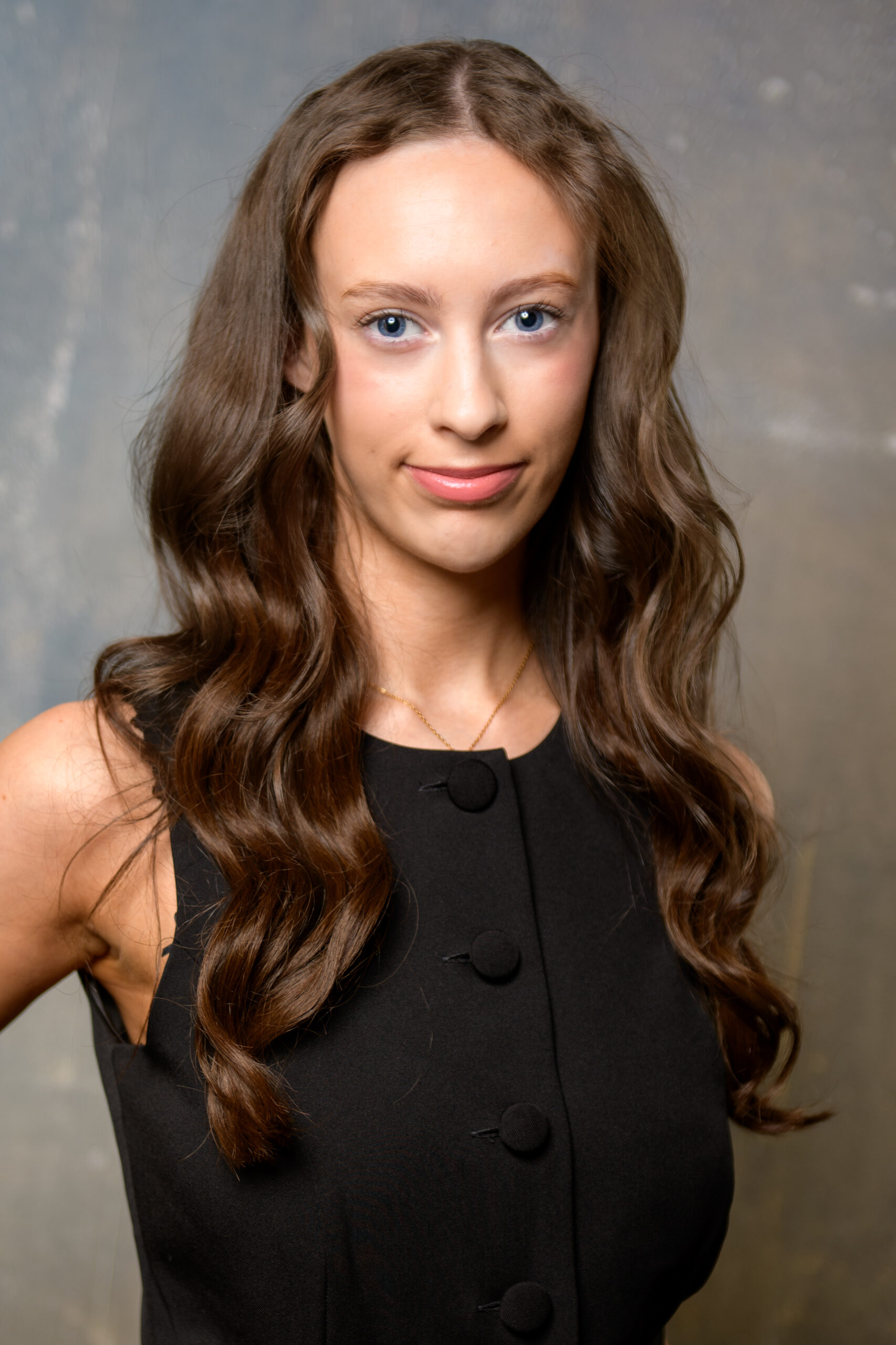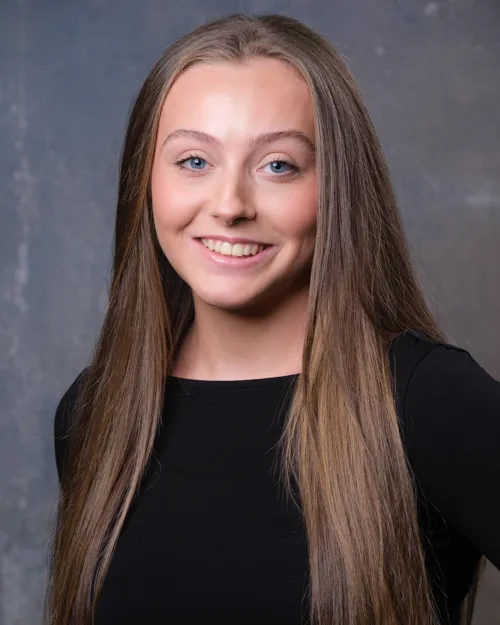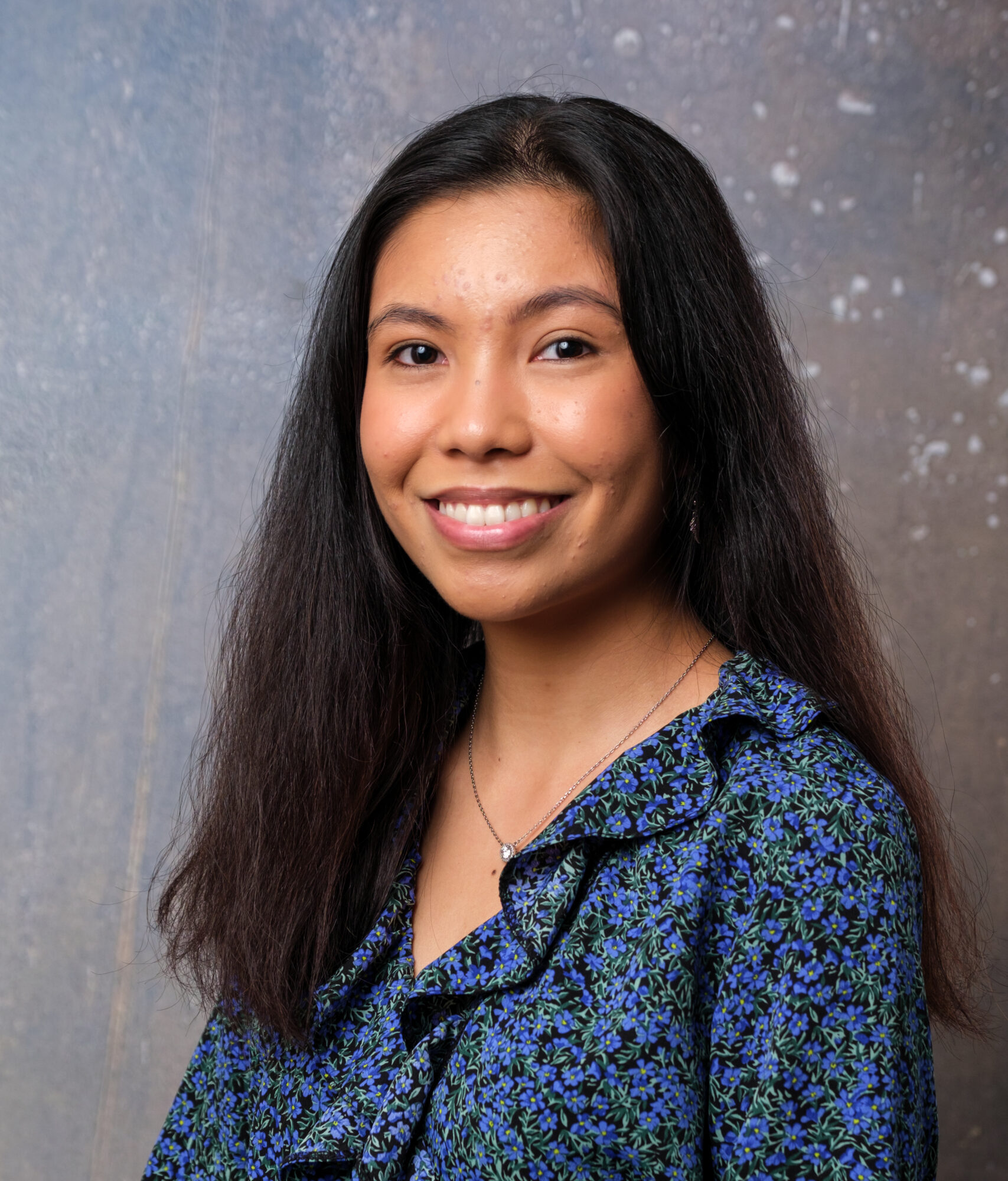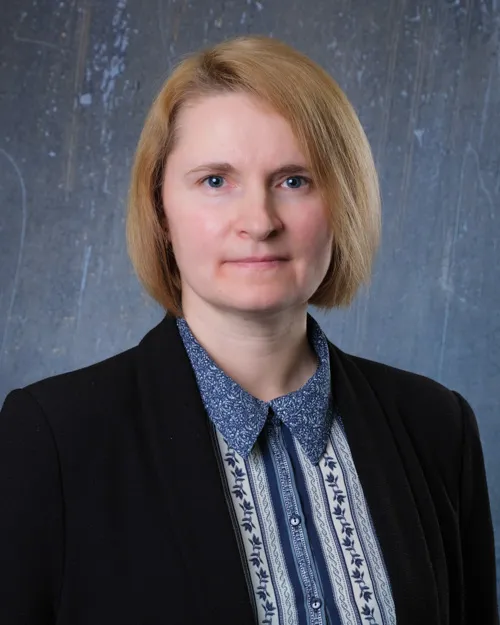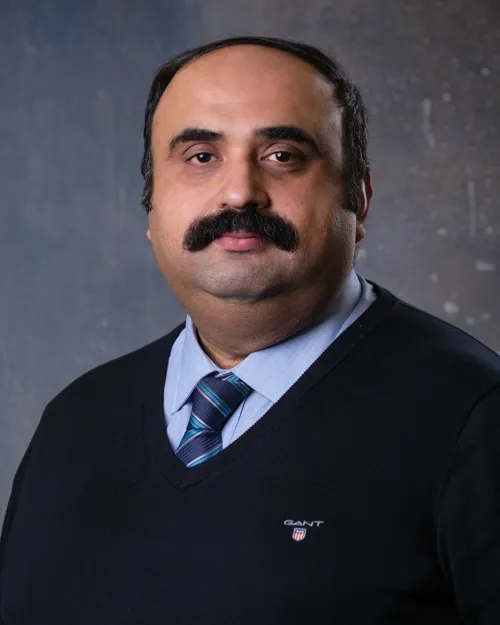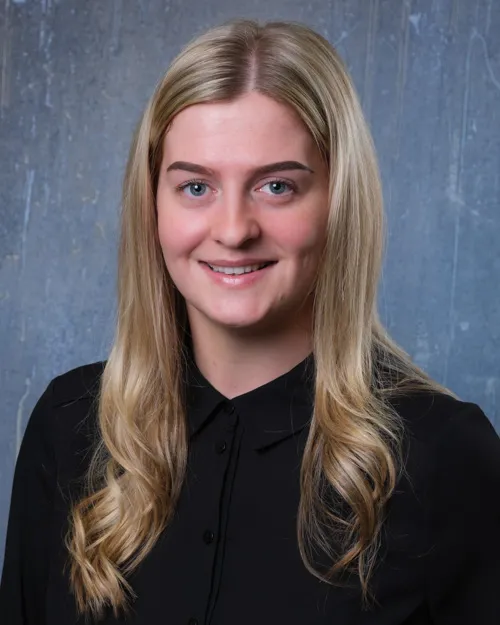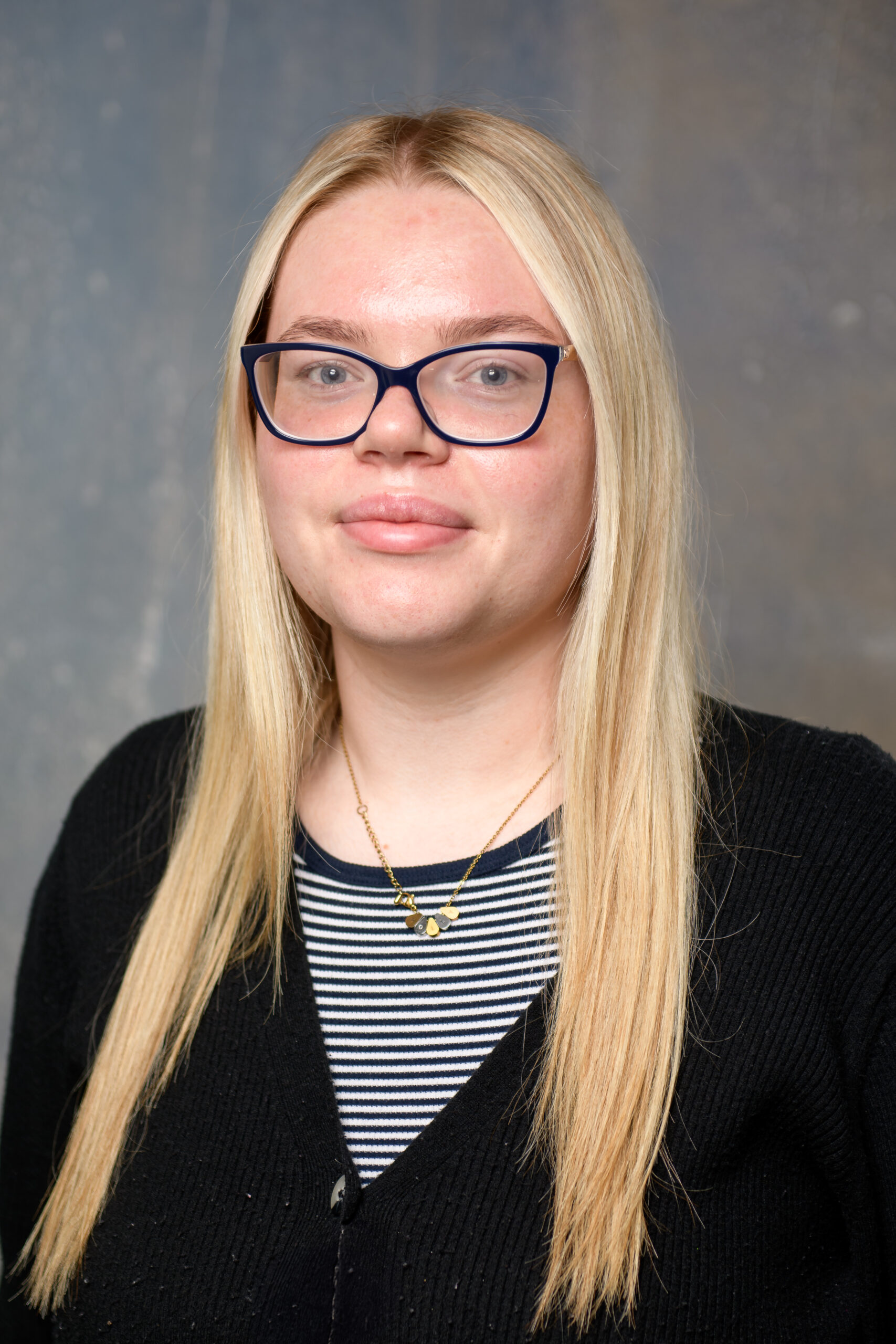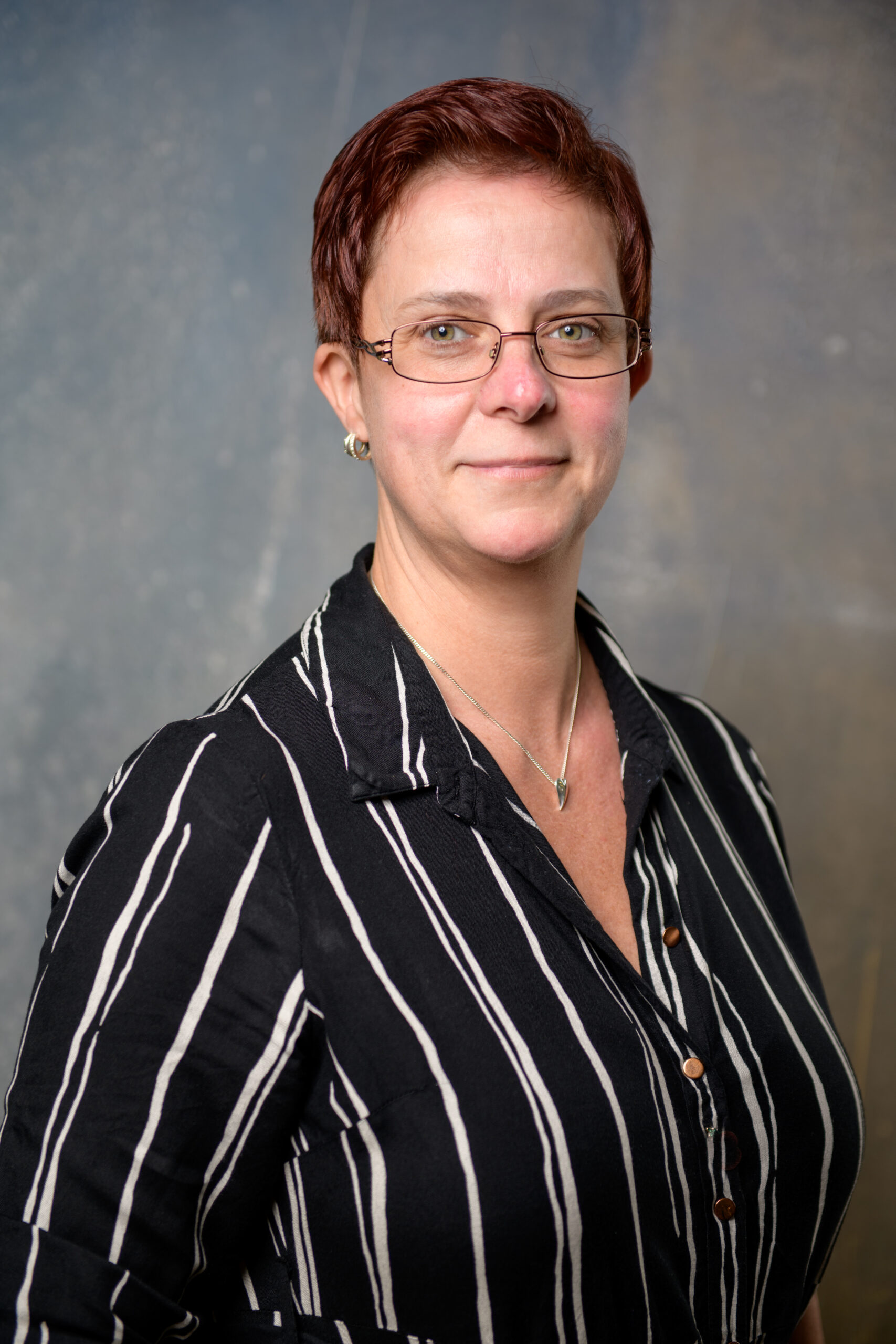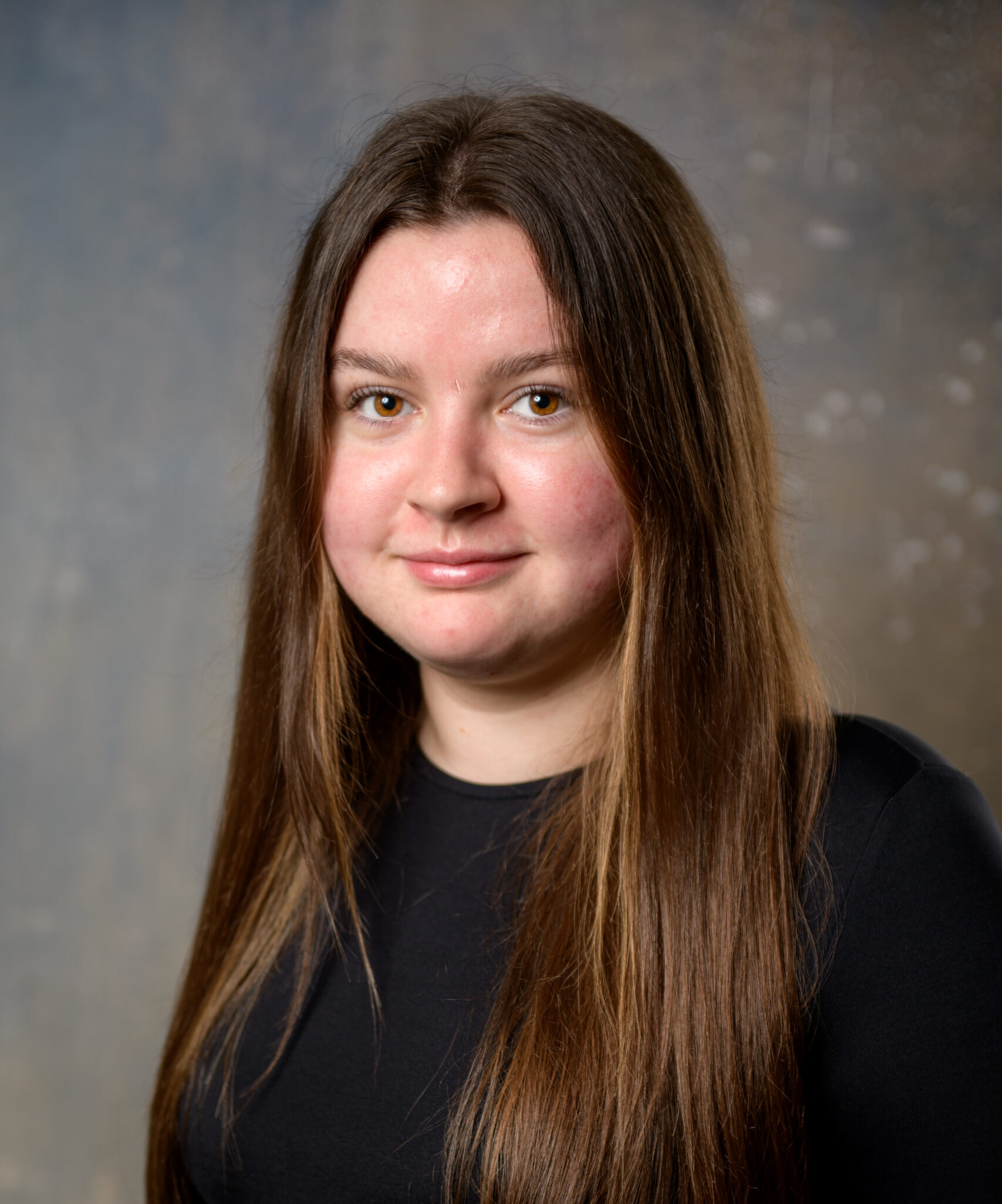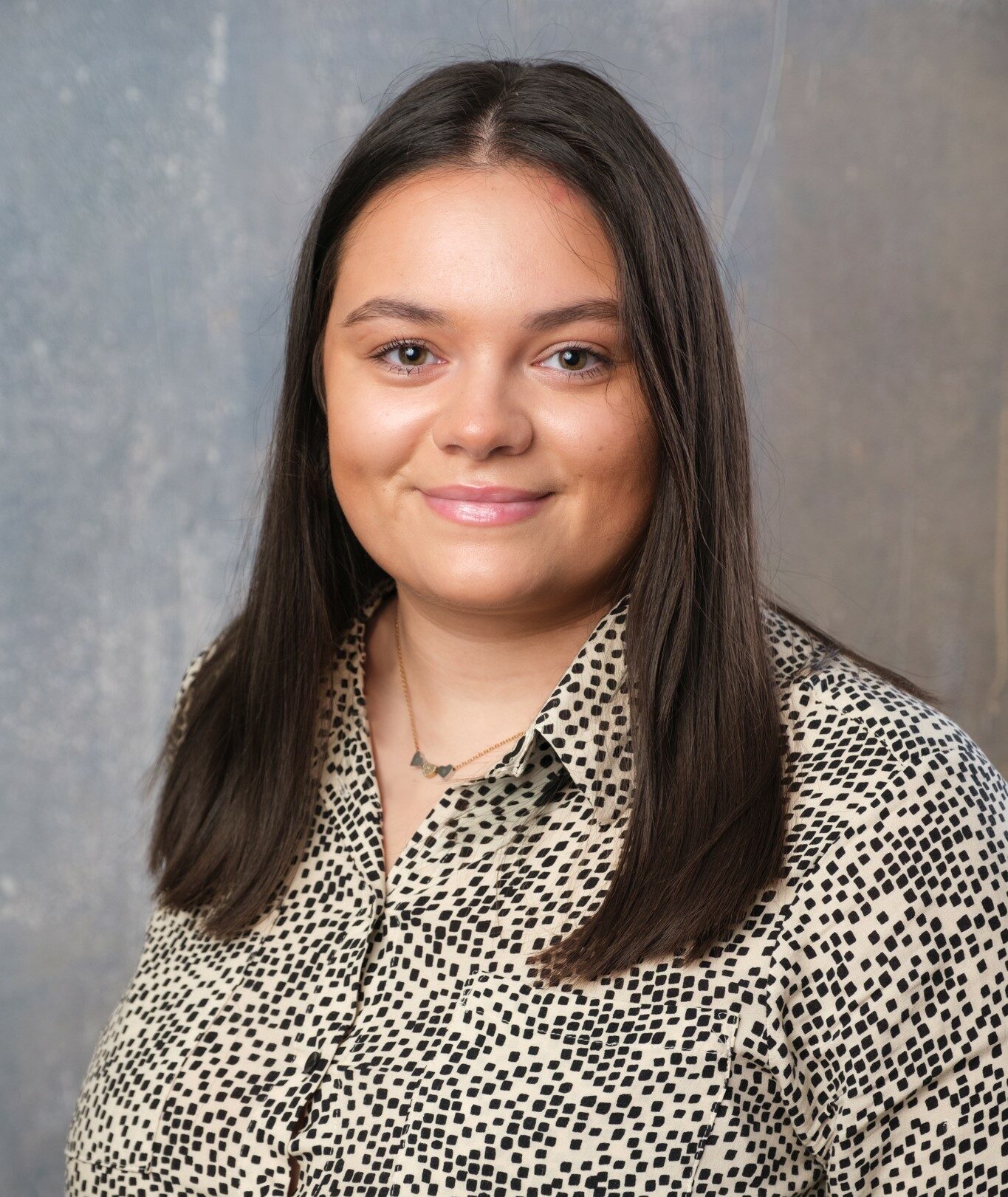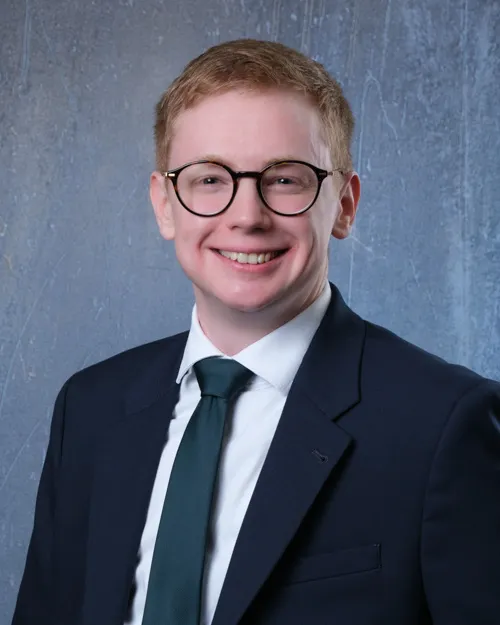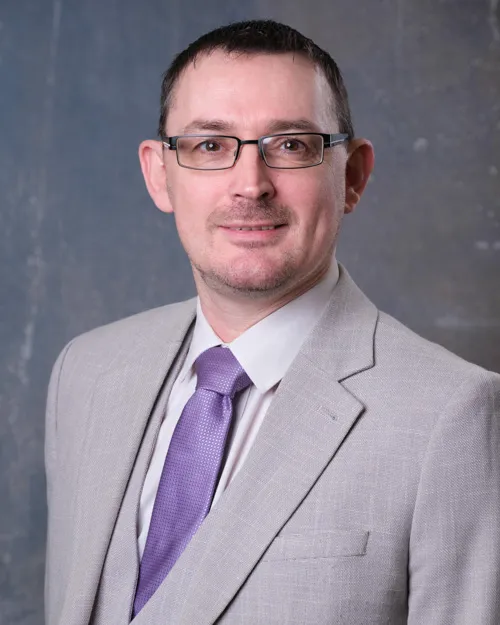At AFG Law, we understand that dealing with social workers and lawyers can be worrying for parents and often it’s the first time a lot of parents have had to do it. We know it can be confusing and we want to try to understand who’s who. We have explained the different people you might meet before court proceedings start here, and those people will often still be involved once care proceedings start, but you will meet more people if it is necessary to go to court
Children’s guardian: When the local authority starts care proceedings, the judge will ask CAFCASS, the Children and Family Court’s Advisory and Support Service, to appoint a guardian for the children.
Guardian’s are independent of the court and the local authority but will have a background in social work. They will make sure they represent the interests of the child and that whatever decisions the court takes are in the child’s best interests. The Guardian will appoint a solicitor for the children and will spend time with the parents during the course of the care proceedings. They will produce an analysis at the start of the court proceedings and set out what information they think the court will need before making a final decision. They will also tell the judge what they think should happen at the start of the proceedings and also at the end. More information is available about the role of the Guardian on the CAFCASS website.
Children’s solicitor: When the judge appoints a Guardian for the children the Guardian will in turn appoint a solicitor to represent the children to make sure they have legal advice. A solicitor that represents children has to be a specialist in children law and will be accredited by the Law Society. At AFG Law a lot of our solicitors are accredited specialists in children law so you know you’re getting a solicitor who has experience in care proceedings and can give you accurate advice. The children’s solicitor will meet the children if they are old enough and it is appropriate. The solicitor for the child can also be instructed by the child directly if there is a disagreement between the child and the Guardian, this is called separate representation and usually happens with older children/young people.
Judge: Family Court judges are experienced lawyers who are specially trained to deal with issues affecting families. The judge will have all the papers prior to the hearing so will children and family. Judges are independent from all the parties and must make their decisions whilst thinking about the children’s best interests and their welfare. The judge will manage the case to ensure that delays are limited and the appropriate evidence is before the court. More information about judges in the Family Court is available on the judiciary website.
Solicitor: If you are represented by one of our specialist children law team you will know the role of your solicitor but the other parties will probably have solicitors too. A solicitor is a type of lawyer.
The job of a solicitor is to give you legal advice about your case and provide you with support. Your solicitor will manage the different documents that come in, make sure you understand what they say and that you have the opportunity to say what you think about the documents. They will help you prepare statements and react to different issues as they arise. During court hearings they will represent you and make sure that the judge knows what you think and what you want to happen. Sometimes solicitors will work alongside barristers to make sure you have the best representation.
Solicitors are qualified legal professionals who have passed a number of qualifications as well as ‘on the job’ training. They have to keep their training up to date each year and have to be registered to practice law.
Barrister: A barrister is a type of lawyer who specialises in representing people at court. They have a different role from solicitors and will not manage your case between hearings or help you prepare documents. The job of a barrister is to represent during court hearings and they will work alongside your solicitor.
Barristers are qualified legal professionals who have passed a number of qualifications as well as ‘on the job’ training. They have to keep their training up to date each year and have to be registered to practice law.
Experts: Sometimes in care proceedings specialist evidence is needed to help the judge make a decision about what has happened and the risk to the children involved in proceedings. The type of expert needed will depend on the issues in each case. Experts will prepare a report, respond to questions and can also be asked to attend hearings to give evidence. Experts are only used in court hearings if their evidence is needed to resolve the proceedings justly. Applications for expert evidence are usually made at the start of proceedings.
